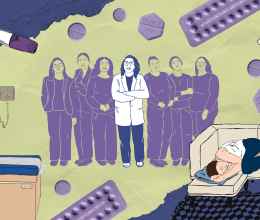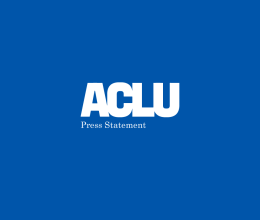
No one should be forced to carry a pregnancy against their will and face the life-altering consequences of being denied essential health care.
People don’t like to talk about abortion.
It’s too impolite or too political. Too full of partisan talking points or too divisive.
Yet, if we want to change the political landscape around abortion, that’s got to change. With abortion access left to the political process, those of us who care about reproductive freedom have to get engaged. We have to start talking.
There’s a lot of incorrect information, misinformation, and even disinformation about abortion. Politicians and anti-abortion activists use this misinformation to twist the narrative about this very common, very safe medical procedure.
That’s where you come in. It takes more than one conversation to, but a real-life, two-way conversation is the best place to start.
On this page, we share a handy reference guide on this timely issue — full of the quick, crucial facts on abortion rights you’ll want to be equipped with if it comes up at your dinner table.
Be sure to bookmark this resource and share it with your peers so they can keep the conversation going too.




